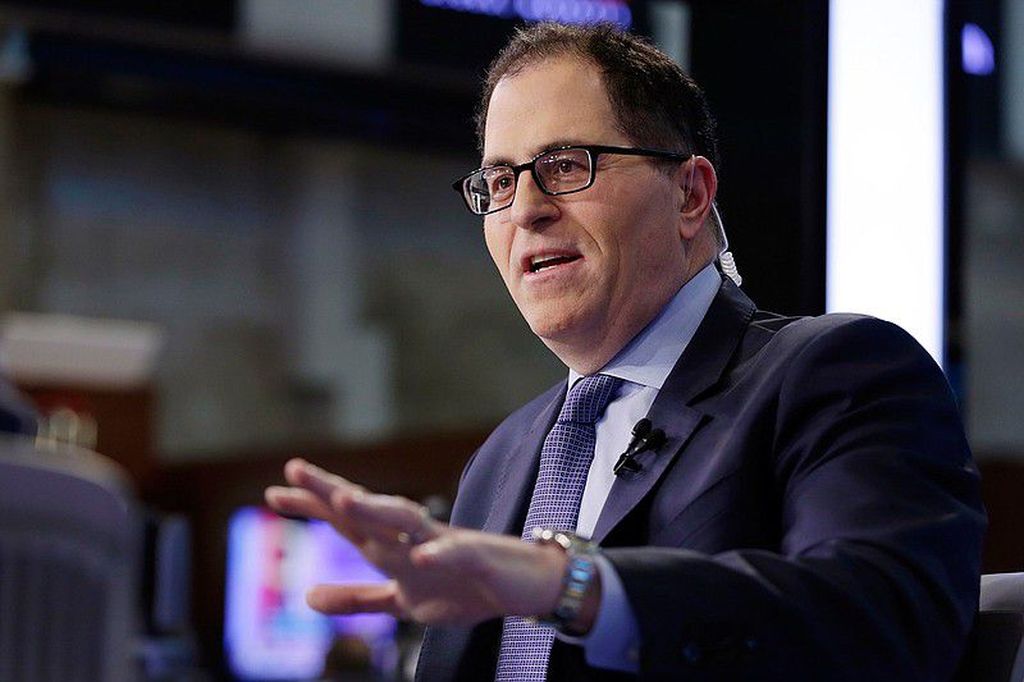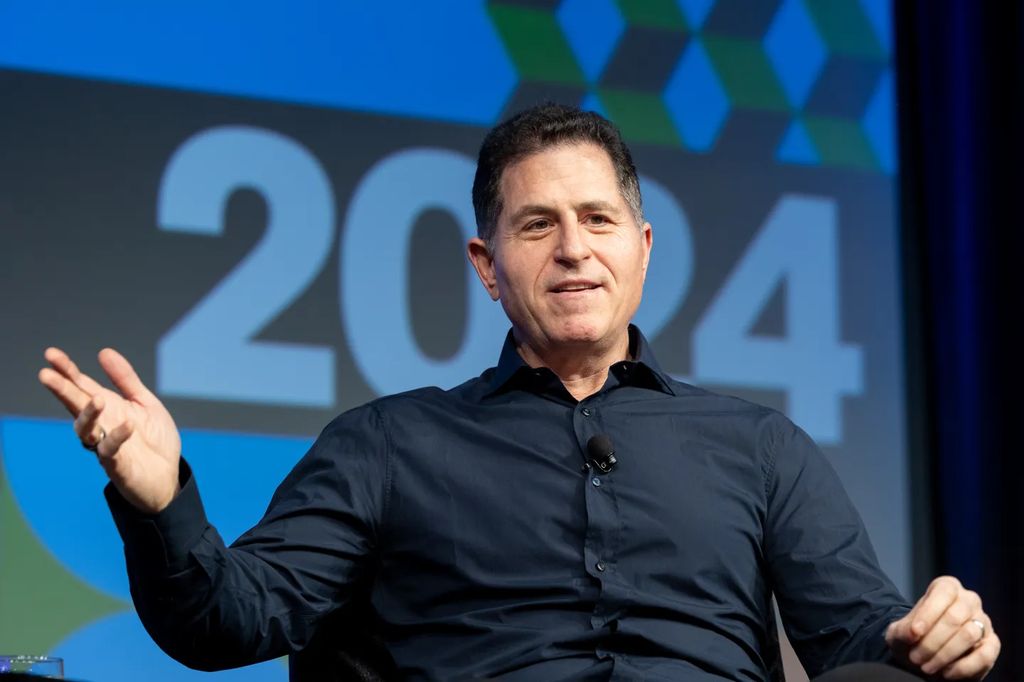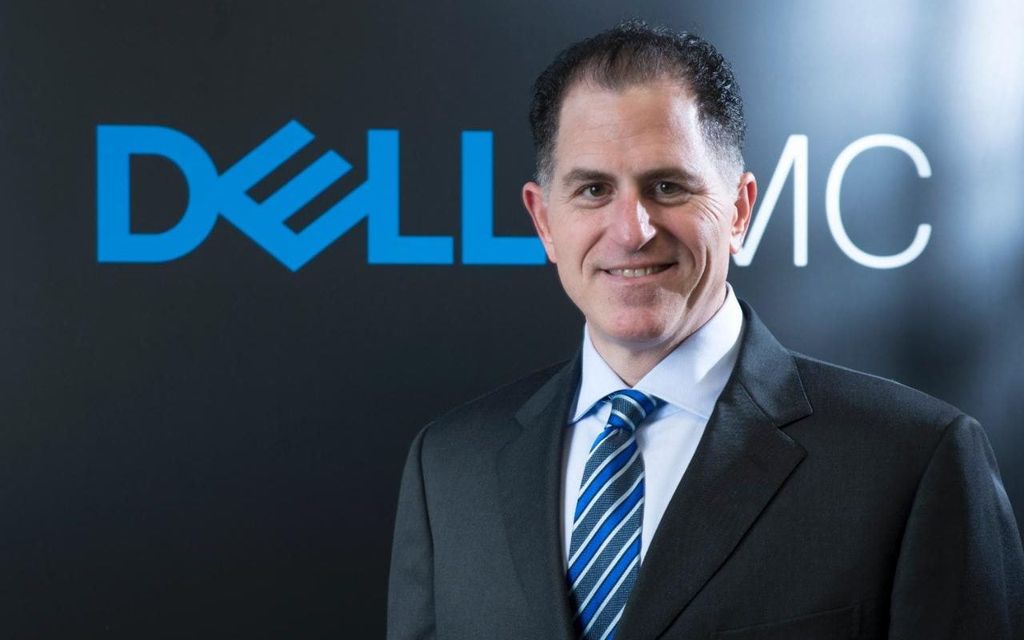Michael Dell: The Visionary Texan Behind Dell Technologies
Michael Dell, the founder, chairman, and CEO of Dell Technologies, is a revolutionary force in the technology industry. From his humble beginnings as a college student selling computers from his dorm room to creating a global technology powerhouse, Dell’s story is a compelling testament to innovation, resilience, and leadership. This article dives deep into Michael Dell’s journey, exploring his early inspirations, the formation and evolution of Dell Technologies, and his lasting legacy in the world of tech and beyond.
Who is Michael Dell? The Roots of a Visionary Entrepreneur

Born on February 23, 1965, in Houston, Texas, Michael Saul Dell displayed a natural curiosity and passion for technology from an early age. While other children were interested in sports and typical childhood activities, Michael was captivated by electronics. He would dismantle radios, calculators, and other household gadgets just to understand how they worked, a sign of his budding engineering mind.
Growing up in a middle-class family, Michael’s father was an orthodontist, and his mother was a stockbroker, both of whom valued education. They hoped that Michael would follow in his father’s footsteps and become a doctor, so he enrolled at the University of Texas at Austin, intending to major in pre-medicine. But his true passion was in technology and business, and he was constantly looking for new ways to apply his interests practically. This curiosity would ultimately drive him to leave school and pursue a career that would reshape the computer industry.
The Dorm Room Startup: Selling Customized Computers Directly to Consumers

During his time at the University of Texas, Dell observed an opportunity in the computer market that most of his peers and professors didn’t notice. He realized that the existing retail model for computers added unnecessary costs, making it difficult for consumers to afford or customize the machines they wanted. Dell saw an opening for a business model that would remove the middleman, allowing customers to purchase directly from the source and customize their computers based on individual needs.
With only $1,000 in start-up capital, Dell began upgrading and selling computers from his dorm room. The idea was simple but revolutionary: customize computers for consumers, sell them directly at a lower cost, and prioritize customer satisfaction. This concept quickly gained traction, as Dell provided his customers with high-quality products at affordable prices, a level of service and personalization that was unheard of at the time. He called his company PC’s Limited, a name that would soon change as the company grew beyond the college campus.
Building Dell Computer Corporation: Revolutionizing the Industry with Direct Sales

In 1984, at just 19 years old, Dell officially founded Dell Computer Corporation. Driven by the belief in his business model, Dell made the bold decision to leave college and focus entirely on his company. His parents were initially opposed to the idea, but he was convinced that his direct-to-consumer approach could disrupt the industry.
Dell’s business model was groundbreaking. By eliminating the middleman and selling directly to consumers, he was able to maintain control over production, reduce costs, and respond quickly to customer feedback. Customers could order computers tailored to their specific needs, choosing features like processor speed, memory, and storage capacity. This not only reduced production and inventory costs but also helped Dell build a loyal customer base that valued the company’s transparency and flexibility.
As demand grew, Dell’s company experienced exponential growth. By 1988, Dell Computer Corporation had its initial public offering (IPO), raising $30 million. The company’s rapid growth and innovation soon attracted attention from Fortune magazine, and in 1992, Dell became the youngest CEO of a Fortune 500 company at the age of 27.
The Game-Changing Direct Sales and Build-to-Order Model

Dell’s direct sales and build-to-order model was revolutionary for the industry in the 1980s and 1990s. By cutting out distributors and retailers, Dell not only saved on costs but also built a direct relationship with his customers. His company offered unique options that competitors couldn’t, which empowered Dell to disrupt traditional computer companies like IBM, HP, and Compaq.
Under the build-to-order system, Dell produced computers only after receiving orders. This approach enabled him to avoid the financial burden of holding large inventories and allowed the company to respond to changing customer demands almost instantly. Dell’s primary customers included businesses, educational institutions, and government agencies that required highly specific configurations and valued reliable service and customization.
This customer-centric approach quickly turned Dell into a household name. Dell Computers became known not only for offering powerful and reliable computers at competitive prices but also for exceptional customer service. In 1996, Dell was one of the first companies to sell products online, further accelerating its growth as it reached new markets across the globe.
Navigating Industry Changes: Going Private and the EMC Acquisition
The early 2000s presented new challenges as the technology landscape shifted. The rise of smartphones, tablets, and cloud computing reshaped consumer and enterprise needs. Dell, recognizing that the company needed to adapt, decided to take Dell Inc. private in 2013. This move allowed him to focus on long-term strategies and make bold investments without the pressure of shareholders scrutinizing quarterly earnings. This was a risky but strategic decision, as it granted him the freedom to invest in new technologies and revamp the company for the future.
In 2016, Dell made one of the largest acquisitions in tech history by purchasing EMC Corporation for $67 billion. EMC was a leading provider of data storage and cloud computing solutions, and this acquisition marked Dell’s transition from a PC company to a full-fledged technology powerhouse offering enterprise solutions. This acquisition led to the creation of Dell Technologies, a diverse technology conglomerate that provided everything from personal computers and servers to cutting-edge cloud and cybersecurity solutions.
The EMC acquisition also enabled Dell Technologies to enter new markets and offer comprehensive digital transformation services to enterprises. This positioned Dell Technologies as a key player in the digital economy, empowering businesses around the world to adopt advanced technologies and modernize their IT infrastructures.
Dell Technologies Today: A Leader in Digital Transformation
Today, Dell Technologies stands as one of the largest and most respected technology companies globally, with over $90 billion in annual revenue and approximately 165,000 employees. The company provides end-to-end solutions for individuals, businesses, and governments, including personal computing, data storage, cybersecurity, and cloud computing.
Under Michael Dell’s leadership, the company has expanded its portfolio to meet the demands of the digital age. Dell Technologies has invested in emerging fields like artificial intelligence, 5G, and edge computing. These innovations enable the company to stay at the forefront of technology, providing solutions that help organizations harness data, enhance security, and achieve digital transformation.
Michael Dell’s Legacy: Philanthropy and Impact Beyond Technology
In addition to his achievements in the tech industry, Michael Dell has made significant contributions to philanthropy. In 1999, he and his wife, Susan, established the Michael & Susan Dell Foundation, a charitable organization focused on improving education, health, and economic stability for low-income families. The foundation has donated hundreds of millions of dollars to various initiatives worldwide, including educational programs in the United States, health initiatives in India, and disaster relief efforts globally.
Michael Dell’s philanthropic work reflects his belief in giving back to society and using his success to make a difference. His commitment to creating positive change has had a lasting impact on countless communities, cementing his legacy as a socially responsible leader.
Lessons from Michael Dell: Innovation, Adaptability, and Customer-Centricity
Michael Dell’s journey is an inspiring example of innovation, adaptability, and resilience. His approach to business, particularly his emphasis on understanding and responding to customer needs, revolutionized the technology industry and created a business model that many companies emulate today.
Dell’s willingness to take risks, from leaving college to taking the company private, demonstrates his commitment to his vision. His decision to invest in the future by acquiring EMC and pivoting Dell Technologies into new sectors shows his adaptability and strategic foresight. From his experience, entrepreneurs and business leaders can learn the value of a customer-centric approach, the importance of adaptability in a rapidly changing world, and the power of innovation to drive success.
Conclusion
Michael Dell’s journey from a dorm room entrepreneur to the CEO of Dell Technologies is a remarkable story of vision, resilience, and transformation. His direct-to-consumer business model, innovative approach to technology, and strategic adaptations have established Dell Technologies as a global leader in the digital age. Beyond his business achievements, Dell’s philanthropic work demonstrates his commitment to making a positive difference in the world. His legacy will undoubtedly continue to inspire future generations of innovators and entrepreneurs who seek to redefine industries and improve lives.
Frequently Asked Questions (FAQ)
- Who is Michael Dell?
- Michael Dell is the founder and CEO of Dell Technologies, a global technology leader. He is known for revolutionizing the computer industry with his direct-to-consumer model and continues to be a major figure in technology and philanthropy.
- What is Dell Technologies?
- Dell Technologies is a multinational technology company that provides comprehensive solutions in computing, data storage, cybersecurity, and digital transformation. It was formed after Dell’s acquisition of EMC and includes a wide range of enterprise and consumer products.
- Why is Michael Dell successful?
- Michael Dell’s success stems from his visionary business model, focus on customer satisfaction, and ability to adapt to industry changes. His strategic decisions, like the EMC acquisition, positioned Dell Technologies as a leading force in the technology industry.
- What philanthropic initiatives has Michael Dell supported?
- Michael and his wife, Susan, created the Michael & Susan Dell Foundation, which supports educational, health, and economic stability programs worldwide. The foundation has made substantial contributions to improve the lives of disadvantaged communities.





















